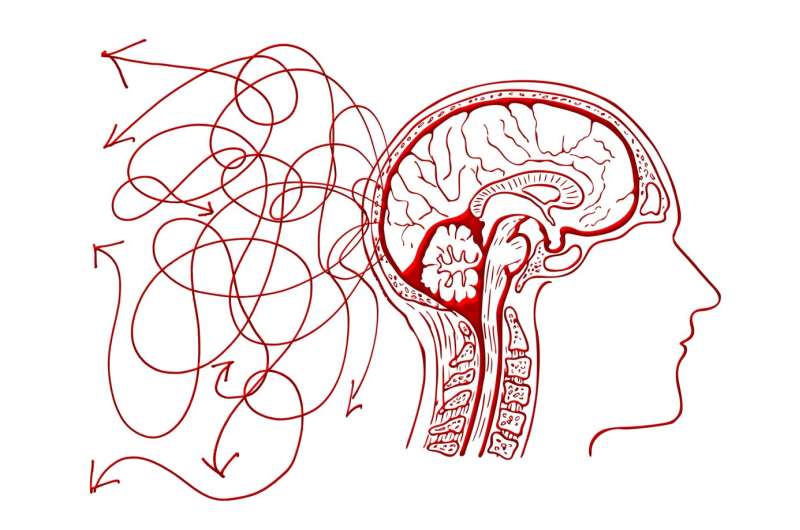Scientists Decode Mice's Cognitive Processes Through Facial Movements

A groundbreaking study reveals that mice's facial expressions can reflect their problem-solving strategies, opening new avenues for non-invasive neuroscience research and raising important privacy considerations.
Researchers have made a significant breakthrough by demonstrating that it's possible to interpret the problem-solving strategies of mice through their facial expressions. Published in Nature Neuroscience, the study reveals that subtle facial movements in mice can reflect complex cognitive variables traditionally associated with brain activity. This innovative research suggests that visual recordings of face movements can serve as a non-invasive window into the brain's inner workings.
The team discovered that facial expressions in mice are just as informative as neural recordings when it comes to understanding the animals' thought processes. By analyzing these expressions with machine learning algorithms, they found consistent patterns across different mice, indicating that specific facial movements correspond to different strategies used during problem-solving tasks. This indicates a stereotyped aspect of facial expressions linked to mental states, much like emotional expressions.
In their experiment, mice were tested with puzzles involving water spouts that unpredictably switched to deliver rewards. The mice employed various strategies, and surprisingly, these strategies were observable in their facial movements, regardless of which strategy the mice relied on at the time. This finding provides a new perspective on how brain activity and facial behavior are interconnected.
The study also paves the way for non-invasive brain research, which could enhance our understanding of brain function in health and disease without the need for invasive procedures. However, the authors emphasize the importance of considering privacy implications, as video recordings could potentially reveal detailed insights into an individual’s mental processes, raising questions about mental privacy in our increasingly recording society.
Overall, this research highlights the potential of facial analysis as a powerful tool to study cognition and brain activity, offering a new approach to neuroscience that balances scientific advancement with ethical considerations.
Stay Updated with Mia's Feed
Get the latest health & wellness insights delivered straight to your inbox.
Related Articles
Revolutionary AI Imaging Tech Significantly Reduces Radiation Exposure in Medical Diagnostics
HKUST has developed an AI-powered imaging technology that reduces radiation exposure by up to 99%, enabling faster, safer, and more cost-effective medical diagnostics with minimal X-ray images.
Innovative AI Techniques Reveal How We Make Decisions
New AI-based research uncovers the actual decision-making strategies of humans and animals using small, interpretable neural networks, offering insights into suboptimal and individual strategies in real-world scenarios.
Hypothermia-Induced Temperature Changes Uncover New Insights into Glucose Metabolism and Metabolic Diseases
New research reveals that lowering body temperature actively influences glucose metabolism and may provide innovative approaches for treating metabolic diseases like diabetes and obesity.



